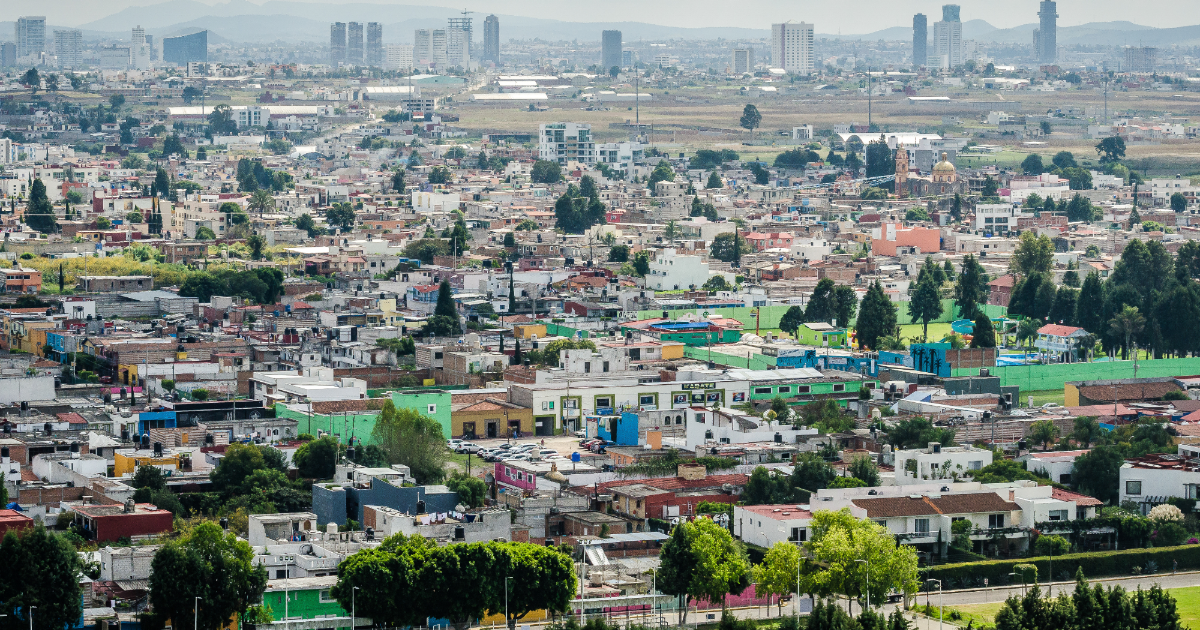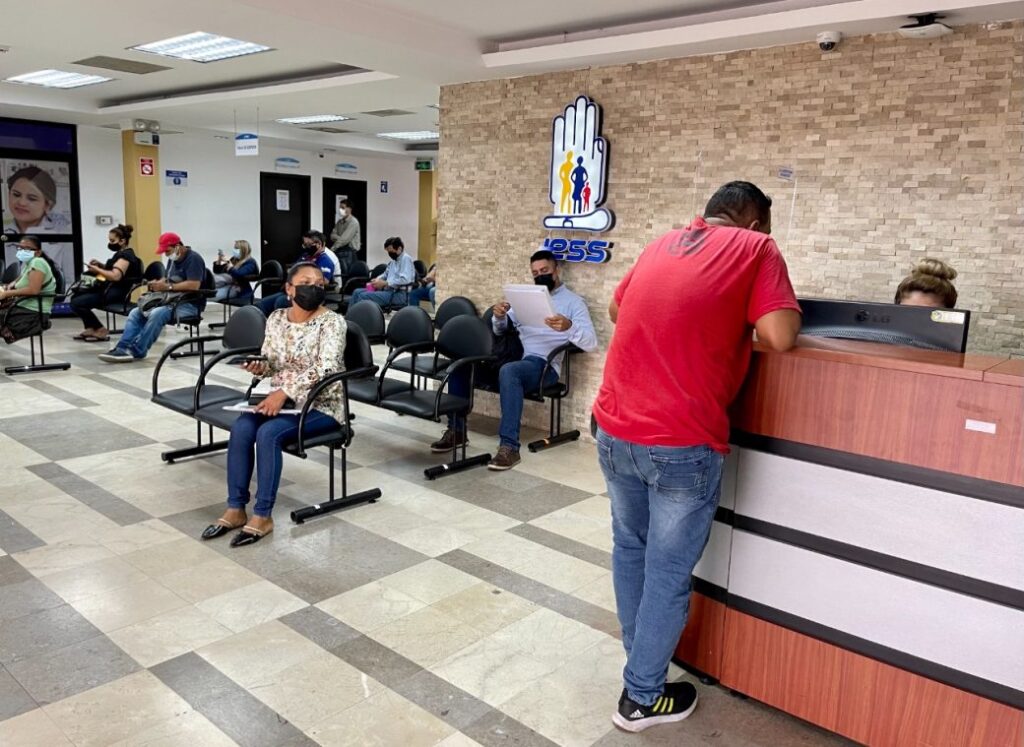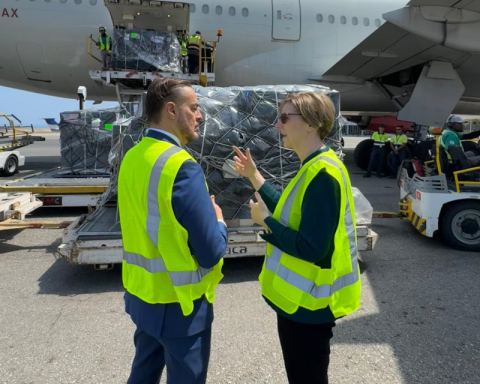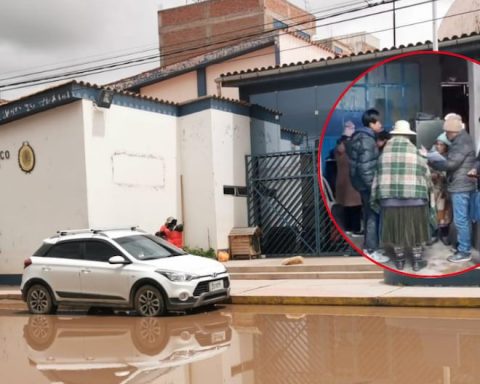Puebla, Pue. Of the 19 industrial parks that have been in Puebla for more than a decade, at least eight may be susceptible to investments to improve their public services, but 400 million pesos are required and, with this, make them attractive for the installation of new small and medium-sized companies, since they have space availability.
Luis Espinosa Rueda, president of the National Chamber of the Transformation Industry (Canacintra) local, said that industrial complexes need to be in optimal conditions for logistics operations.
He explained that the request is the result of the urgent needs expressed by the industrialists and who continue to wait for an unsuccessful response from the local authorities in turn.
The leader mentioned that the manufacturing complexes that have priority to serve are those in the metropolitan area, where most of the companies with high payrolls are concentrated. Among them are Volkswagen, as well as its auto parts suppliers.
He indicated that if the state authority will take the request into account, the improvement works could be carried out in a semester; however, the resources must come out of what is charged from the Payroll Tax (ISN) which is currently 3 percent.
The business leader mentioned that it is an investment with a five-year benefit, that is, that at that time no more works are done, “although the ideal is that, instead of laying asphalt on the streets, it would be better to put hydraulic concrete, because it resists more the passage of cargo trucks”.
business agenda
Espinosa Rueda highlighted that in the agenda of proposals of the Business Coordinating Council (CCE) that they delivered to the state government of Miguel Barbosa Huerta three years ago, there is the dignity of the manufacturing complexes, but they have not seen a response, especially due to the pandemic and that other priorities have been set in terms of health.
Regarding the other parks, he said, the businessmen themselves have organized themselves to solve the deficiencies in roads, which if they are not well, complicate the logistical operations, mainly in the rainy season.
He pointed out that these actions would also correspond to the municipal authorities, mainly in Cuautlancingo and Coronango, localities where most of the factories are concentrated.
“They charge high fees for endorsement of operating licenses, but they do not pay services to the industries they host. They do not even provide the corresponding security, especially for workers who leave the night shift.”

















